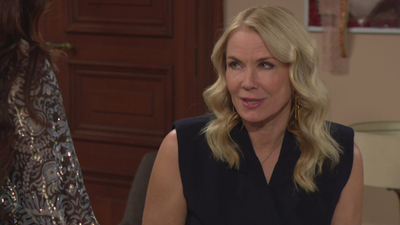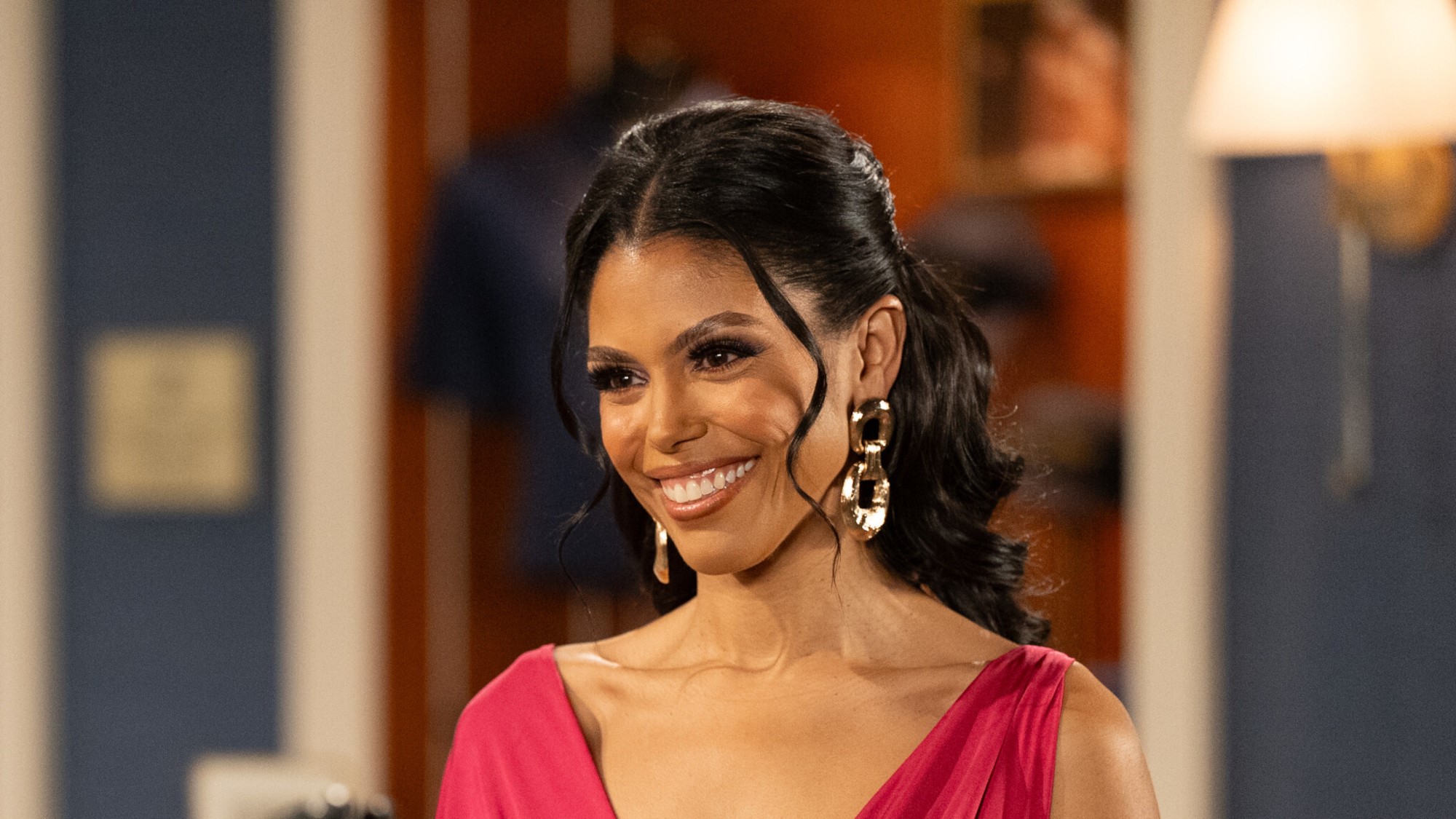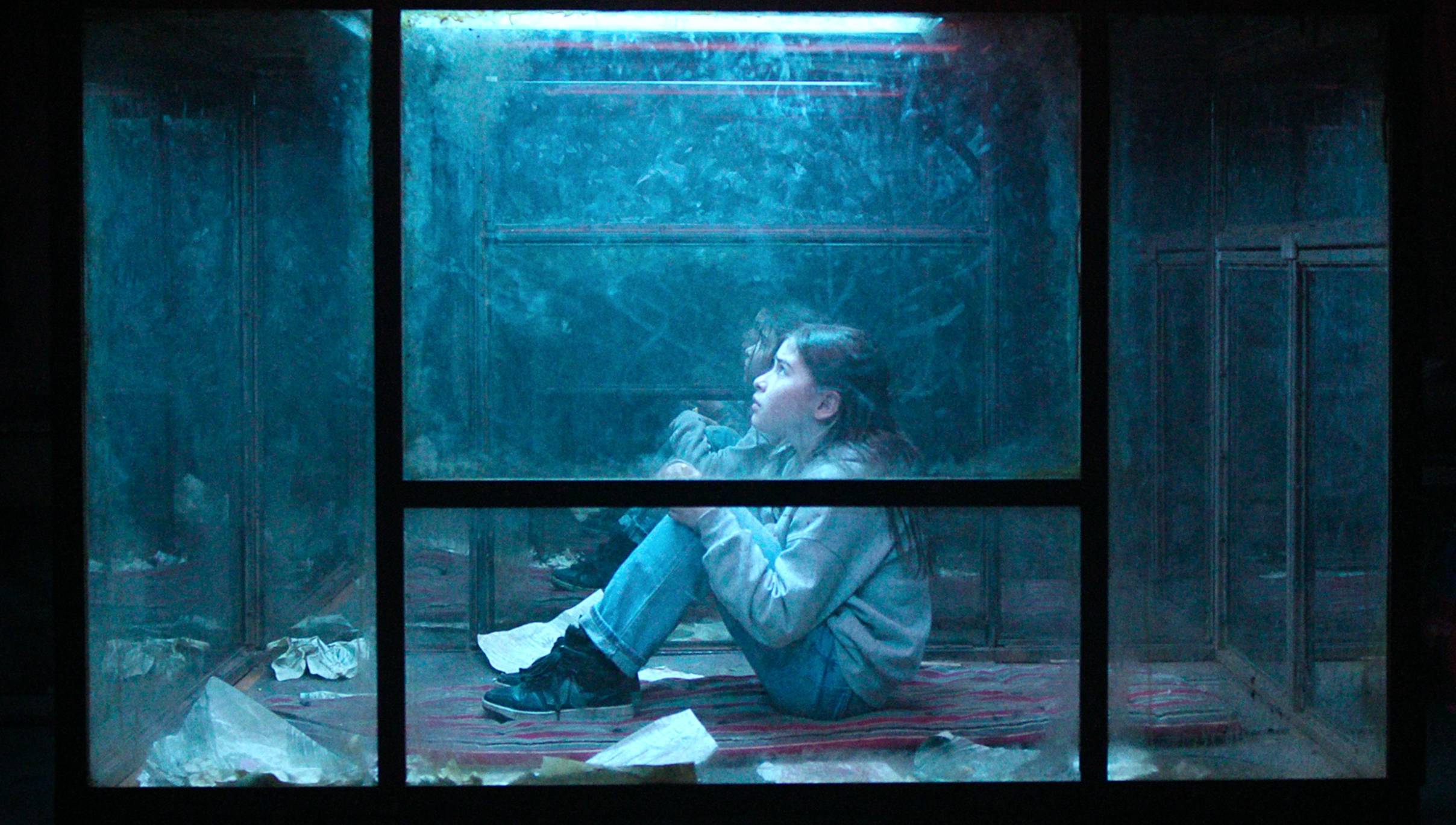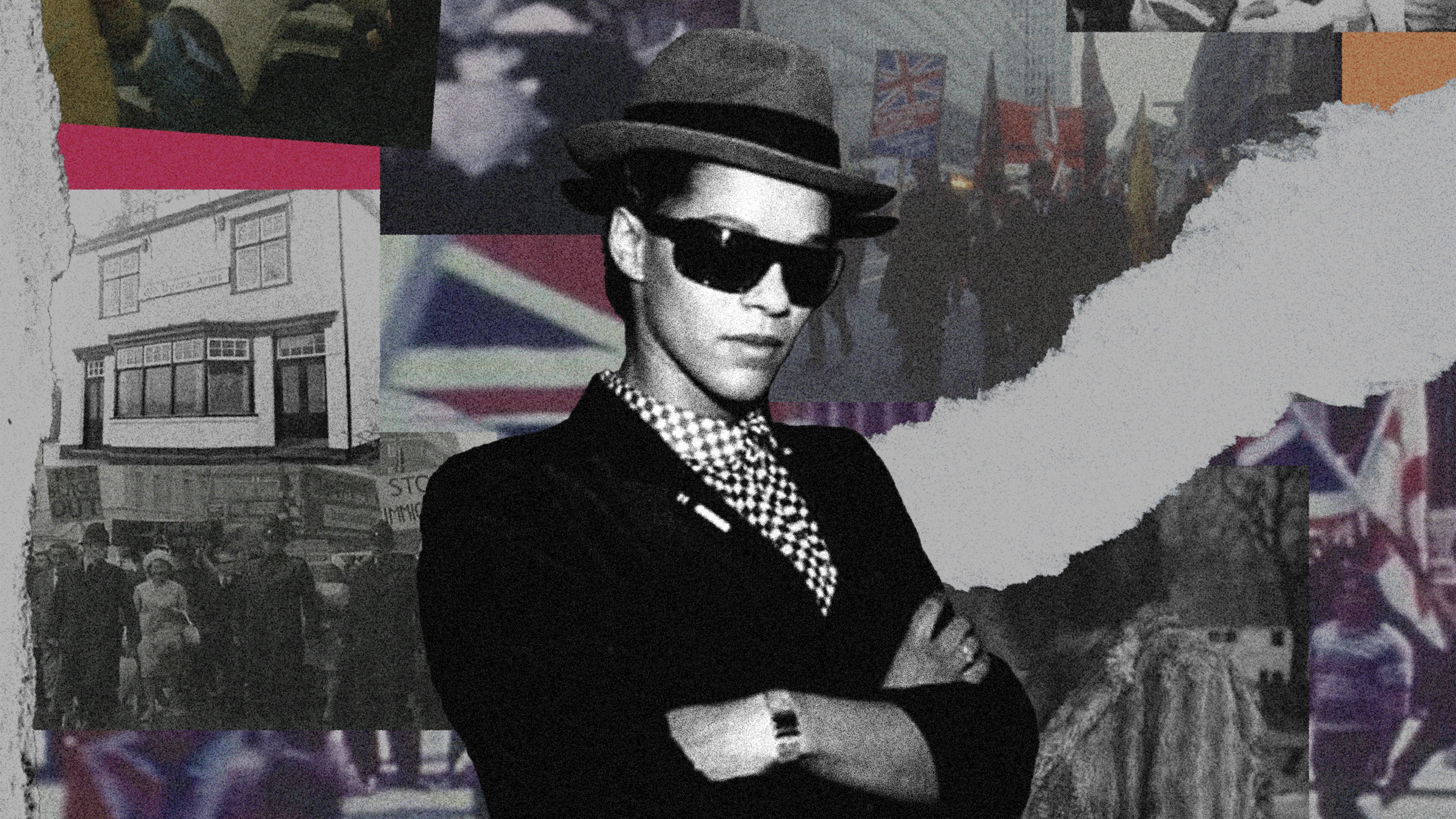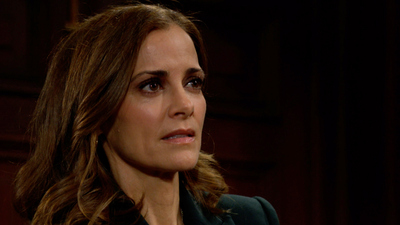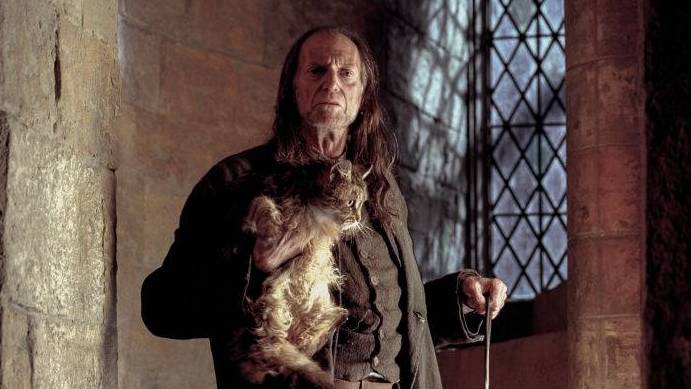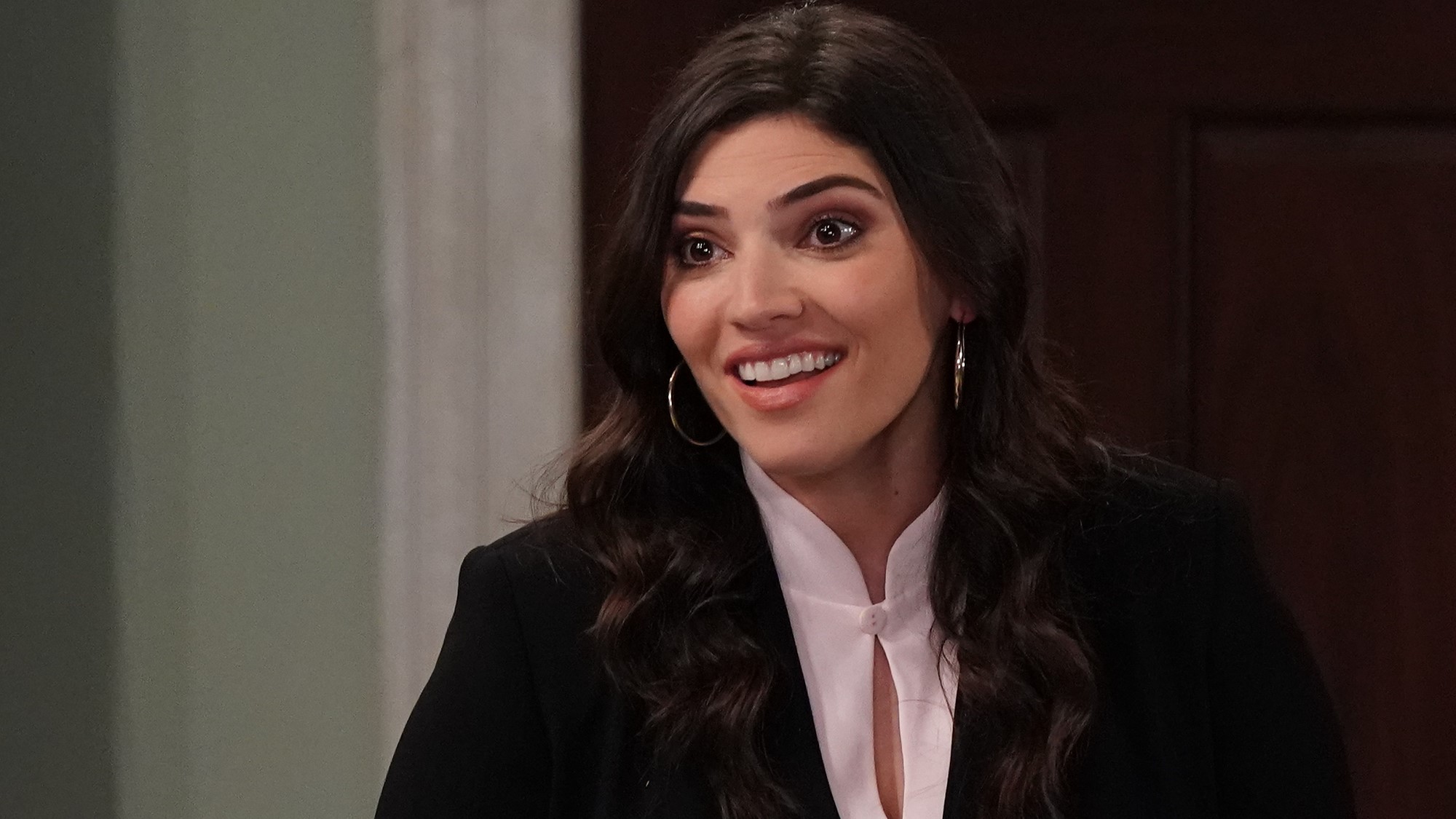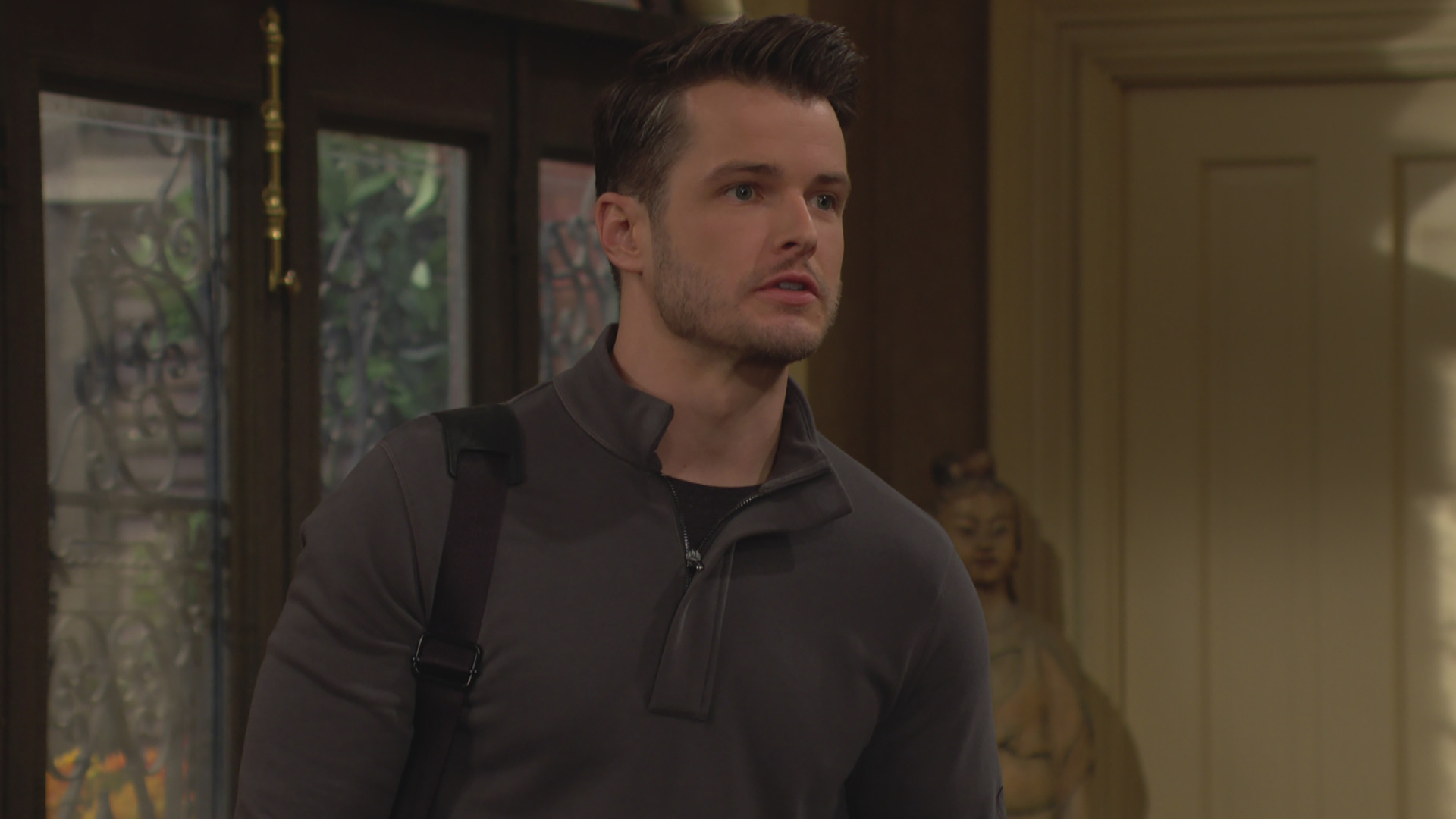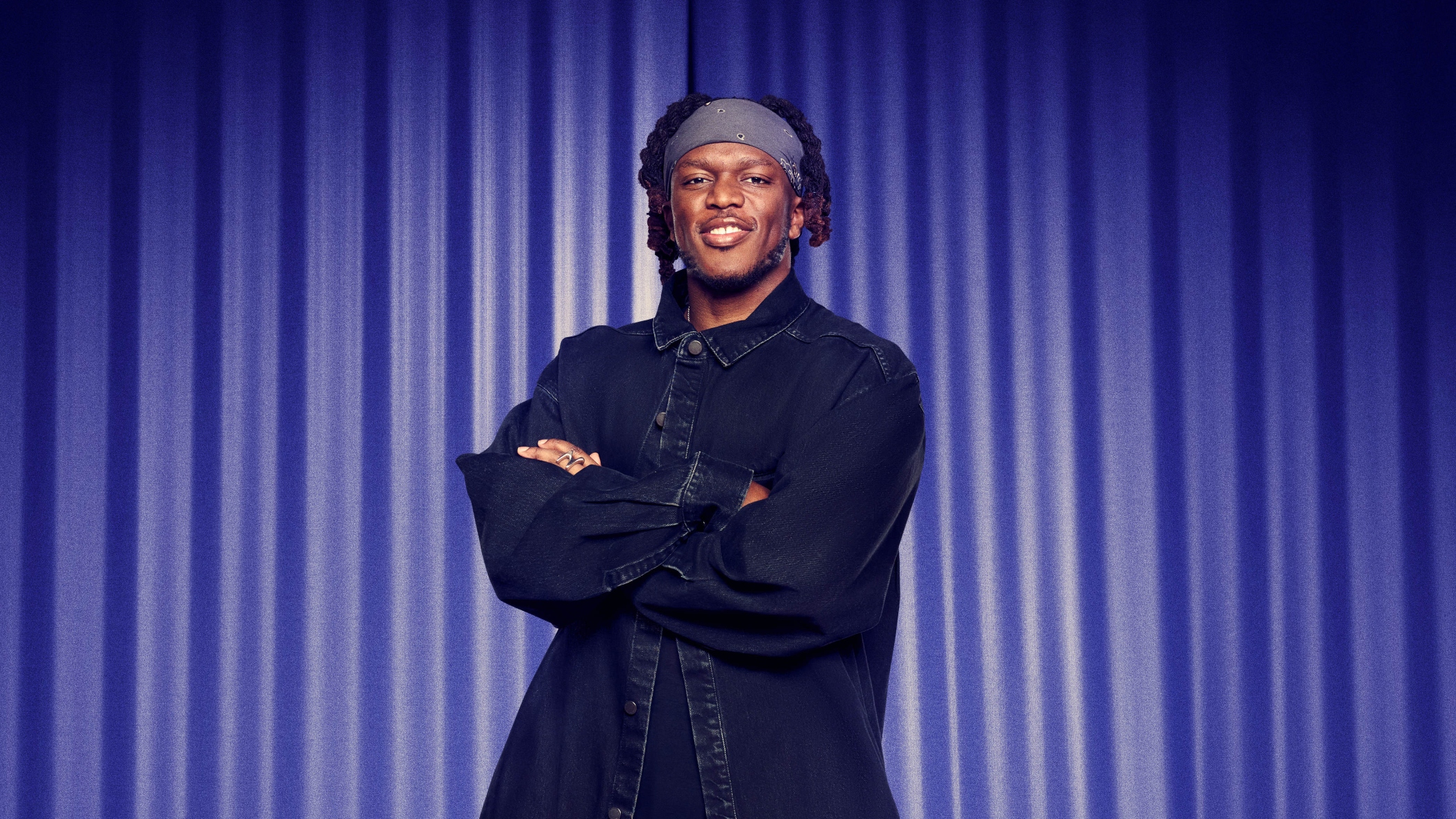'Bridgerton's success shows Hollywood should be looking to romance for TV adaptation
If you build it — and build it right, Romancelandia will come.
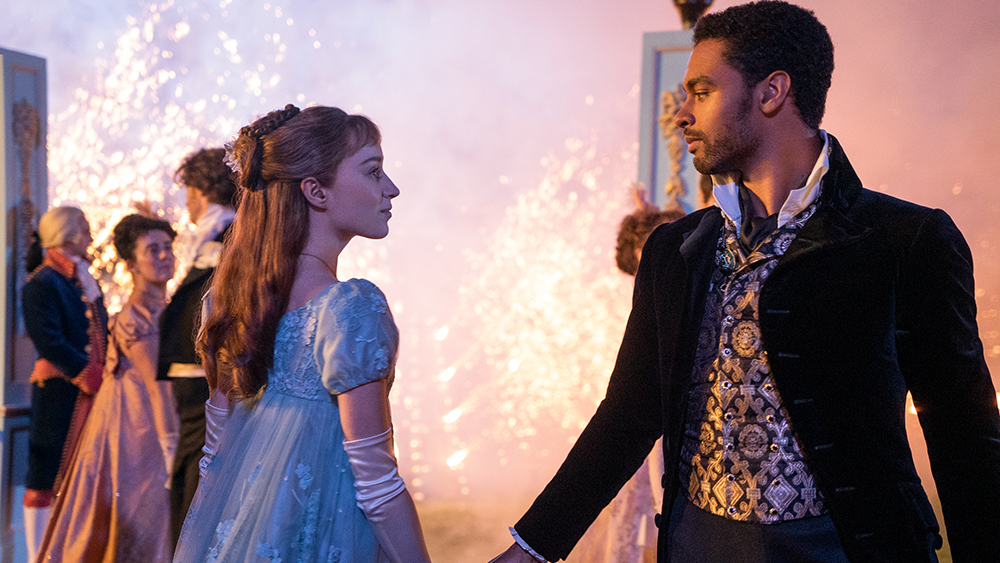
The only real surprise in Netflix’s recent press release that Bridgerton had officially broken records to become its most popular show ever was how long it took the news to break.
Since the series’ initial premiere on Christmas Day 2020, it has maintained a top spot in the rankings of the streaming service’s most-watched programming — and as of now, is confirmed to have earned a record 82 million household viewings in its first 28 days on the streaming platform, surpassing The Witcher’s 76 million. Granted, Netflix does count a watch as anything that crosses over two minutes, so even an unfinished season viewing gets added to their tally, but the fact that a show adapted from a bestselling romance series officially beat the all-time record is what’s worth noting here — because once again, it indicates that romance has an audience, and one as eagerly avid for new content as fans of any superhero cinematic universe.
News of Bridgerton’s accomplishment isn’t much of a shocker for romance readers, either; those who are already die-hard fans of the genre are pretty much accustomed to it being underestimated in spite of its endurance. Romance has been and continues to be the most popular and the most bestselling genre in fiction, and although fiction sales have been impacted somewhat as a result of the recent COVID-19 pandemic, romance novels have actually seen an uptick in recent months, especially in ebook buys. People who read romance are among some of the most prolific and avid consumers, with many reading upwards of hundreds of books a year. It’s no wonder that this level of dedicated consumption would inevitably translate over to the small screen, as those audiences who are already hungry for more romance content are drawn in by the potential of a successful book-to-screen adaptation — and even those who have never picked up a romance novel at all find the appealing story tropes, plot contrivances and the ultimately satisfying HEA (Happily Ever After) to their liking.
However, Bridgerton’s success is also a bittersweet one for members of Romancelandia (the self-appointed name for the community of romance readers, authors, critics, bloggers, and more). It’s adapted from a book series by author Julia Quinn initially written 20 years ago, which in many ways still suffers from the problematic aspects that are readily apparent when revisited now. Meanwhile, the show itself has been rightly called out for the areas it fails to address within the course of its first season, such as its half-hearted attempts to tackle racial dynamics in Regency-era London as well as issues of consent between its central couple that were only moderately adjusted from the original text. There’s no shortage of complications from adapting an older romance series for the screen, but chief among them is arguably the fact that the genre itself has moved on in many ways, which makes Bridgerton's blemishes all the more obvious. When the landscape of adaptations is restricted to only a few novels written decades before now, the end result really doesn’t do romance the full justice that it deserves.
But if there’s anything that Hollywood can and should be taking away from Bridgerton’s popularity, it’s the sheer potential that exists in the world of romance novels as a source to mine from for future TV shows. Already, we’ve seen movement happening in this area; Bea and Leah Koch, owners of romance bookstore The Ripped Bodice, signed a first-look deal with Sony TV back in 2018 to develop potential romance projects for television, and in 2019, bestselling author Beverly Jenkins confirmed that her novel Forbidden had been optioned via the partnership between Sony and The Ripped Bodice. Other romance authors, like Mia Sosa and Rosie Danan, have seen their books (The Worst Best Man and The Roommate, respectively) optioned for film just within the last year.
Granted, this is just the beginning of what will likely be a long process on the road to eventual release, but in the aftermath of Bridgerton, there should be film and TV rights getting snatched up left and right for more and more books. Imagine a series revolving around Sarah MacLean’s Bareknuckle Bastards, or Alyssa Cole’s Loyal League, or Milla Vane's Gathering of Dragons, the last of which would surely rinse the bitter taste of that last season of Game of Thrones out of collective memories. Imagine not just one big-budget romance series on Netflix that struggles to do the heavy lifting on behalf of the whole genre, but multiple shows across networks like HBO, Showtime, Starz, and more.
As of now, Netflix has definitely been leading the pack in the number of romance shows it’s brought to the screen — Virgin River and Sweet Magnolias, both adapted from popular series, have been successfully renewed alongside Bridgerton for more seasons, which in and of itself should be an indicator that romance sells regardless of the format it’s presented in. But there are definitely unprecedented hindrances that currently factor into any major delays in the adaptation process. The TV and film industry has been significantly impacted by the COVID-19 pandemic, with heavy restrictions placed on series and movies that are headed back into production. (One Lifetime movie filmed last year in the height of social distancing cleverly utilized a Plexiglas barrier for its kissing scenes, which was then digitally removed during post-production.) And, of course, there’s the reality that the people at the top, the ones in charge of making the big decisions, may not fully relate to or even grasp the romance demographic. As of 2020, high-level TV executive positions were still overwhelmingly held by white men, based on a study from UCLA.
Get the What to Watch Newsletter
The latest updates, reviews and unmissable series to watch and more!
All that said, one thing that can’t be argued with is numbers, but those of us who love romance didn’t need Netflix to tell us that shows like Bridgerton were going to be undeniably successful. The truth is that the genre is constantly having to demonstrate its worth, fighting an upward battle against people who would undersell its value or be happy to judge it based on broad misconceptions. But now that the proof is out there, it’s time for the world to start taking romance more seriously — and for the genre to be represented on-screen through series that reflect what it is rather than what it used to be.
